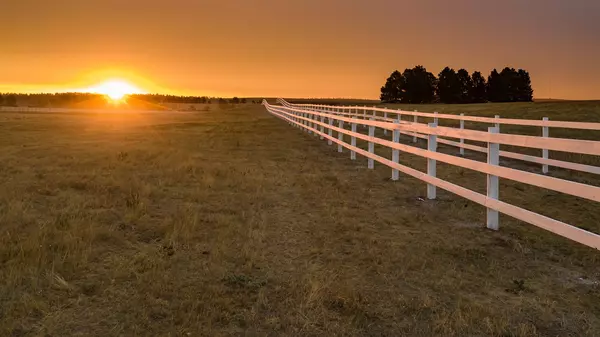

The Ultimate Guide to Buying Colorado Horse Property in Spring/Summer 2024
As the warmer months of 2024 approach, the allure of sprawling meadows, breathtaking mountain views, and the serene lifestyle that comes with owning a horse property in Colorado has never been more inviting. Whether you are eyeing the Northern or Southern Front Range, understanding the current marke
Read More

Relocating Your Horse Farm to Colorado: A Comprehensive Guide
Relocating a horse farm is a monumental task that involves much more than simply moving animals from point A to point B. It requires meticulous planning and adjustment strategies to suit new environmental conditions. Colorado, known for its majestic landscapes and vibrant equestrian culture, present
Read More

Navigating The Colorado Horse Property Market
Embarking on the quest for the quintessential Colorado horse property can be as thrilling as a heart-pounding gallop across open fields, yet as intricate as navigating a challenging cross-country course. The allure of the Centennial State's breathtaking vistas, equestrian-friendly communities, and b
Read More

